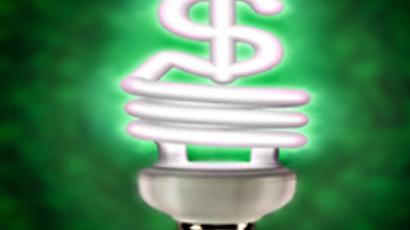Russia may return to coal for domestic power
There are growing calls for Russia to switch its energy balance away from gas, in favour of coal and atomic energy. The idea of regulating Russia’s fuel balance has dominated the annual energy forum in Moscow, with some participants calling for a regulato
Today Russia is highly dependent on gas as it accounts for more than half of total energy consumption in the country, largely due to its low cost.
Oil accounts for a quarter of Russian domestic energy consumption, while coal only accounts for a sixth.
To reduce the dependence on gas and increase the share of other fuels, Deputy Duma Speaker Valery Yazev wants the government to step in.
“The country’s energy balance should be approved at government level. There are a number of measures that can regulate the balance and reduce the share of gas. For example, you can regulate tariffs for coal transport and make coal generation more attractive,” Yazev said.
The first step in restructuring the country's energy balance is to shift power generation from gas to coal, driving its share to 40 per cent.
“The government is investing $US 800 billion in the electricity sector, mainly to increase generating capacity. We plan to double the output of coal and atomic energy,” said Anatoly Yanovsky, Russian Deputy Energy Minister.
However, fuel prices are subject to many different pressures, and experts doubt the government can precisely apportion the use of specific fuels unless it owns all energy assets.













